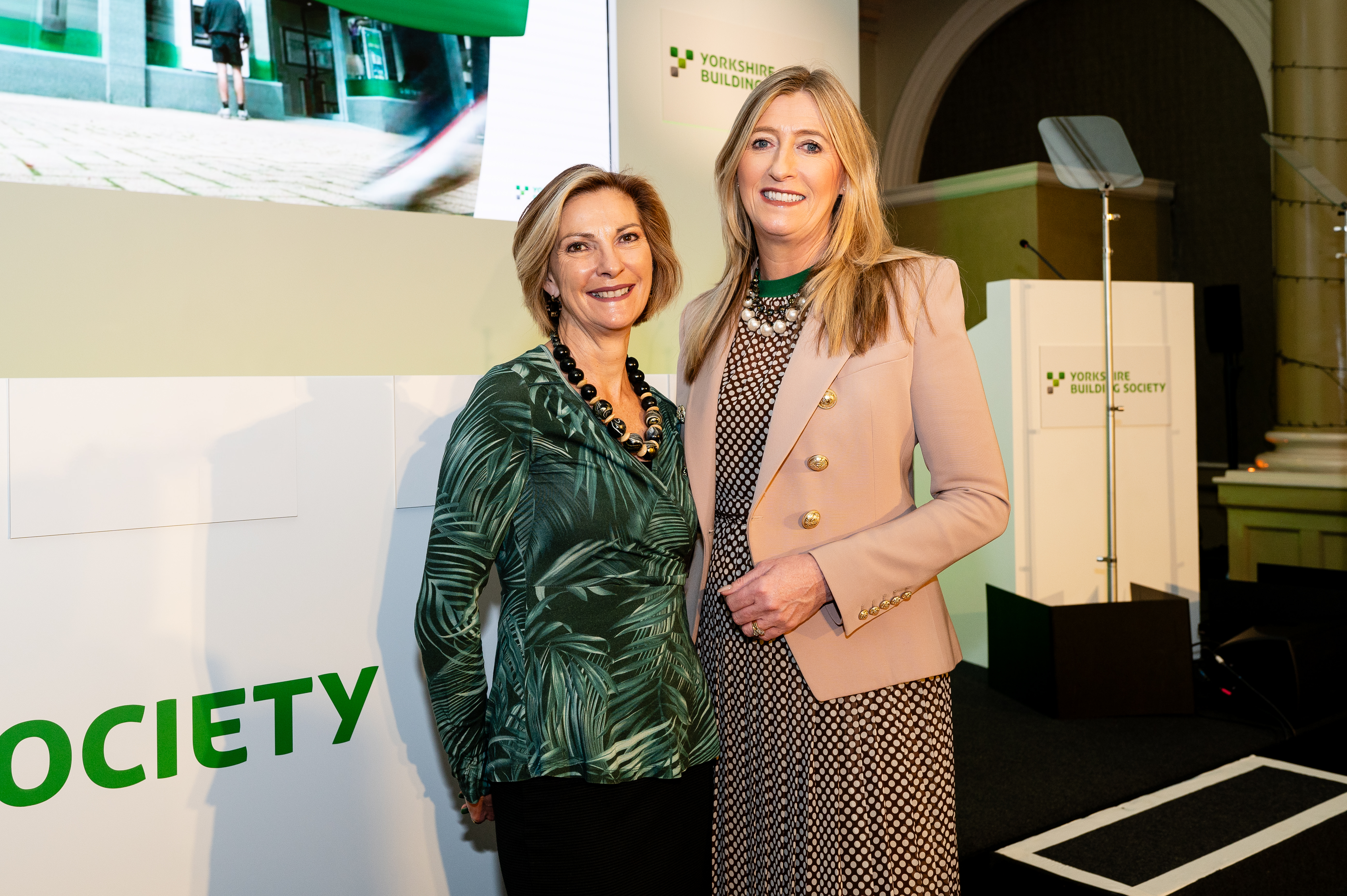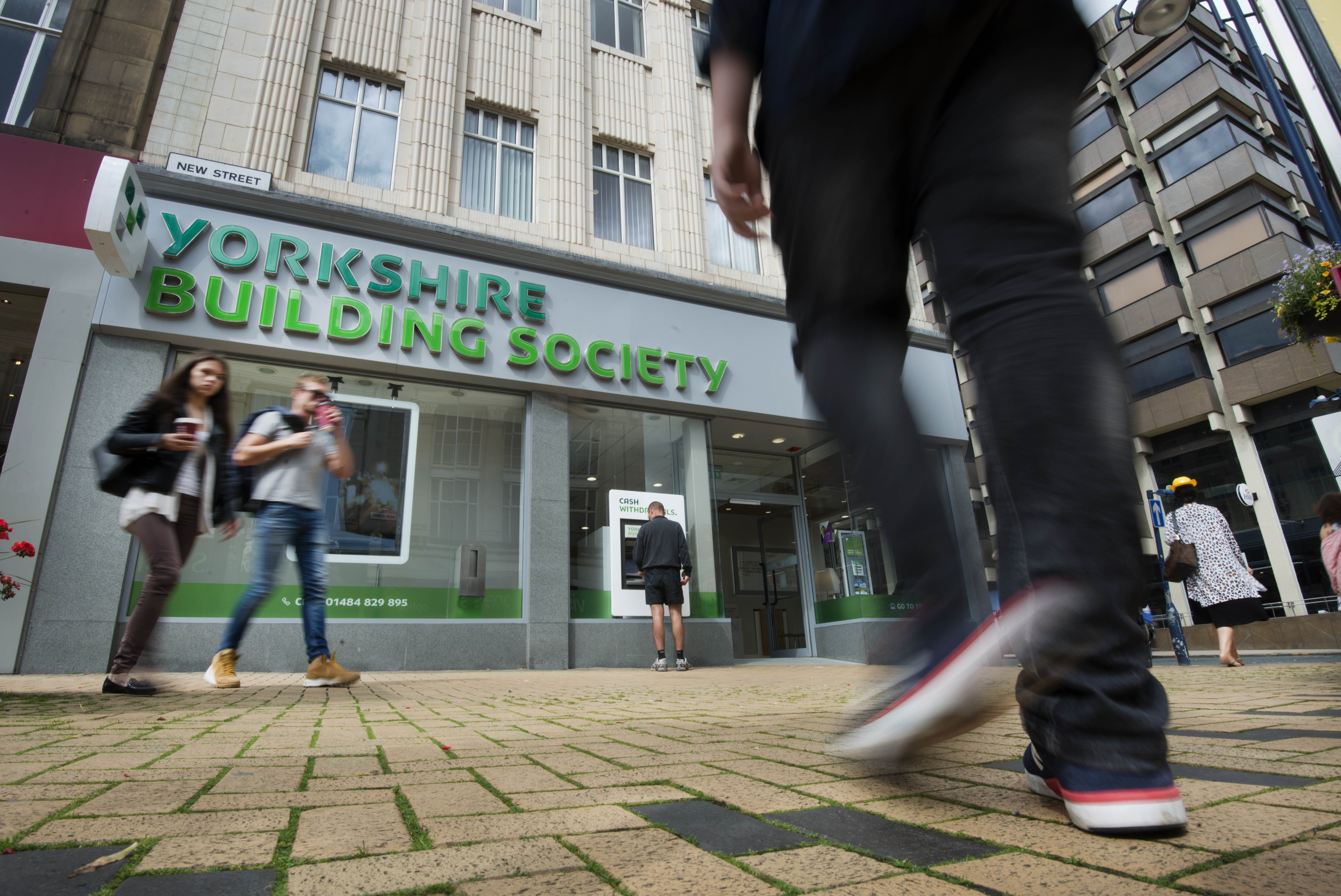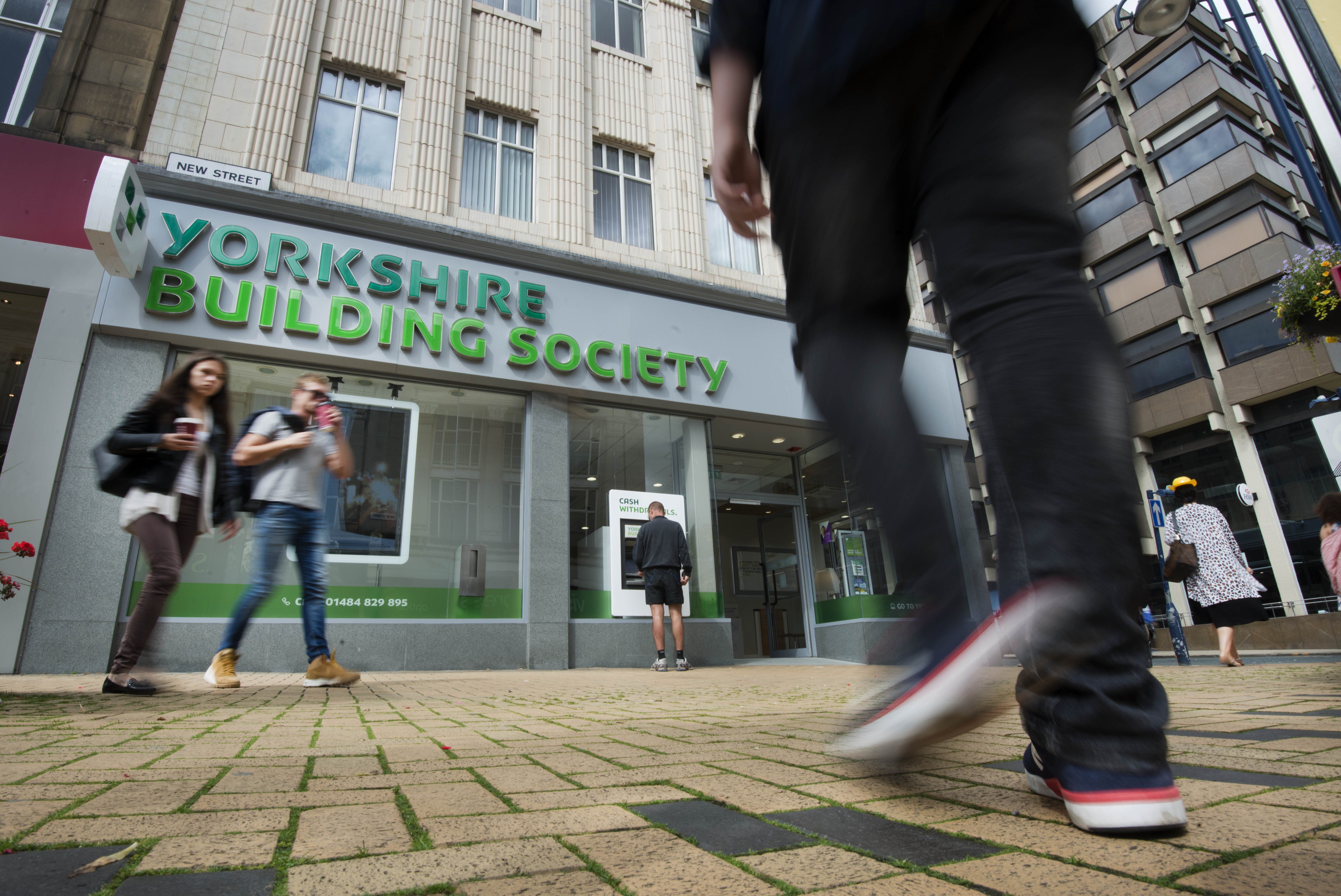Pandemic has widened UK Financial Wellbeing gap new research shows | YBS
Pandemic has widened UK Financial Wellbeing gap new research shows
- The number of people not saving at all has almost doubled in the last year with one in five people (21%) not saving now compared to just over one in ten (12%) in 2019[i] according to new research[ii] by Yorkshire Building Society
- Yorkshire and the Humber region has seen the biggest year-on-year increase in non-savers (18%) with one in three people (29%) in the region not saving
- Figures also reveal a fifth (19%) say savings would last them less than a month
- However, a quarter (25%) have increased their monthly savings during the coronavirus pandemic
- The savings research forms part of the Society’s ambition to help 1.8m more people to save by 2024
Figures released by Yorkshire Building Society today (Wednesday, 2 September, 2020) highlight how the financial wellbeing gap in the UK has widened due to the coronavirus pandemic.
The new research reveals that the national picture is one of concern with the number of people being unable to save nearly doubling to 21% in the last year compared to 2019 when 12% of the population said they were not able to save.

At a regional level Yorkshire and the Humber has seen the biggest year-on-year increase in non-savers (18%) meaning almost one in three people (29%) in the region are not saving. The South West has had the smallest increase of non-savers (3%) in the last year with 17% of people in the region not saving.*
Conversely, at the other end of the scale there are signs of increased savings activity in light of the coronavirus pandemic, with many people seeing their spending reduced and savings growing under lockdown. One in four (25%) people reported increasing their monthly savings and over a third (34%) have reduced spending during the outbreak.

The research also shows that three in ten (30%) people are now able to save £200 or more a month compared to around a fifth (21%) in 2019.
The numbers highlight just how fragile many people’s financial situation is, with 13 per cent of people saying they are unable to reduce their spending. Almost one in ten (9%) expected their savings to last just a few days and a fifth of respondents (21%) admitted they have no savings at all.
MoneyHelper[iii] recommends people have a savings cushion to cover three months’ essential outgoings in case of an emergency, such as being made redundant. The Society found just half (50%) of people could rely on their savings for at least three months if they had a loss of income, however that figure has increased from 42% in 2019.
Tina Hughes, Director of Savings at Yorkshire Building Society, said::
As our research has shown, the financial wellbeing gap in the UK has grown and we’re still not saving enough as a nation with over a fifth of people not saving at all. Now more than ever, in the current economic uncertainty and in a recession, it’s important that we help people to save and build up their financial resilience. One of the things the Covid-19 pandemic has demonstrated is that anyone could find themselves in financial difficulties and may need to rely on savings, which is why we want to continue to help people establish a healthy savings pot and improve their financial wellbeing to protect themselves from any sudden and unexpected changes to their situation.p>
We’re not trying to limit life’s pleasures but we do want to support a save-first culture to help people save the money that would enable them to withstand a financial shock without relying on credit or debt.
The Yorkshire surveyed people across the country as part of its ongoing campaign to improve financial resilience – with a goal of getting an additional 1.8 million non-savers to start putting money away over the next five years.
The Society has a range of support tools available online for people to budget and take practical steps to save more. They can be viewed at www.ybs.co.uk/savings/personal-budget-calculator
*Table: Percentage of people not saving anything a month from their salary by UK region and country
Region/Country |
2020 (year-on-year increase in brackets) |
2019 |
North East |
21% (6%) |
15% |
North West |
18% (5%) |
13% |
Yorkshire and the Humber |
29% (18%) |
11% |
Midlands |
24% (13%) |
11% |
East of England |
20% (10%) |
10% |
London |
18% (11%) |
7% |
South East |
17% (4%) |
13% |
South West |
17% (3%) |
14% |
England |
21% (9%) |
12% |
Wales |
28% (10%) |
18% |
Scotland |
27% (13%) |
14% |
Northern Ireland |
23% (12%) |
11% |
[i] The research was carried out online by Research Without Barriers – RWB. All surveys were conducted between 8th May 2019 and 14th May 2019 and the sample comprised 2,014 UK adults. All research conducted adheres to the UK Market Research Society (MRS) code of conduct (2014) RWB is registered with the Information Commissioner’s Office and complies with the DPA (1998)
[ii] The Savings Tracker research was carried out by Opinium Research on behalf of Yorkshire Building Society. All surveys were conducted between 20th July 2020 and 23rd July 2020 and the sample comprised 2,000 UK adults.
[iii] Source: MoneyHelper suggests ‘a good rule of thumb to give yourself a solid financial cushion is to have three months’ essential outgoings available in an instant access savings account.’ https://www.moneyhelper.org.uk/en/savings/types-of-savings/emergency-savings-how-much-is-enough?
All information correct at time of publication.
W32-20







